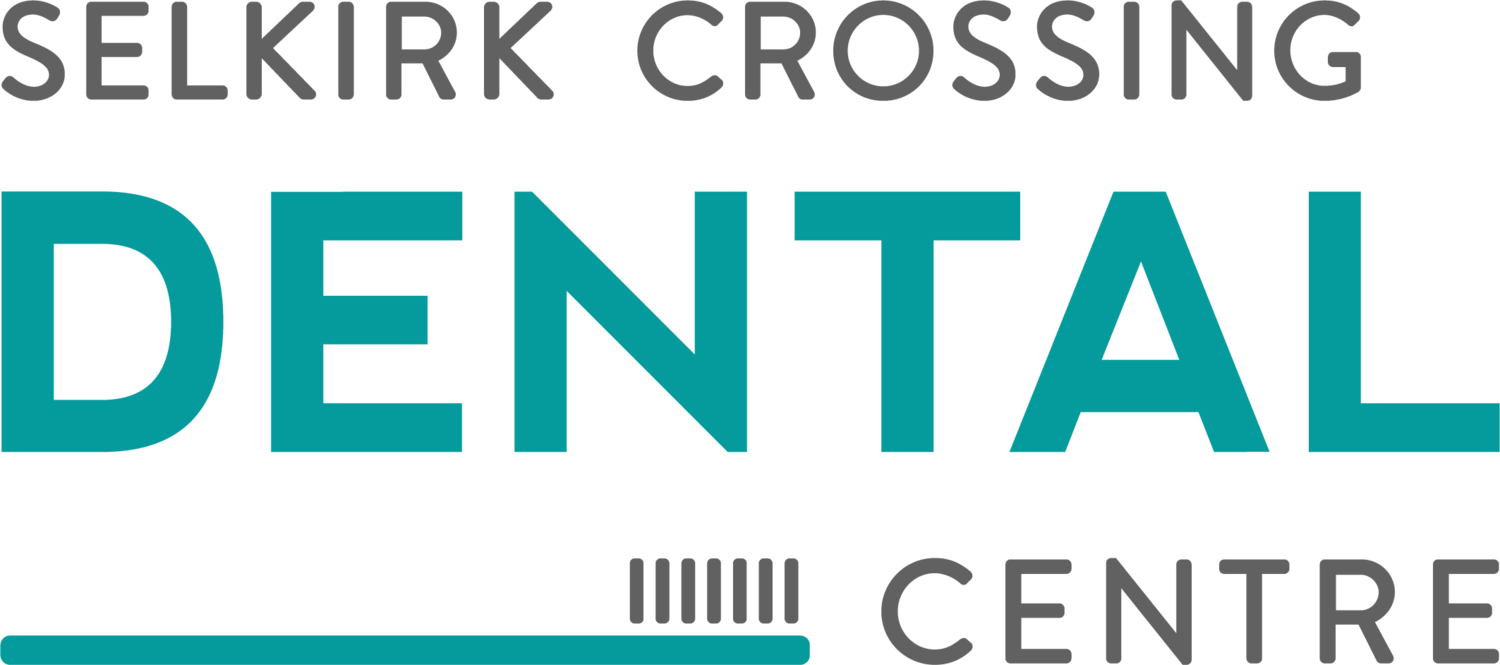Caring for your teeth and gums is an essential part of staying healthy. It's important to remember that flossing, brushing, and visiting the dentist are all critical steps in maintaining good oral hygiene. Not only can these habits help you avoid cavities, tooth decay, and gum disease, but they can also help keep your teeth and gums healthy for years to come. In this blog post, we'll discuss why it's important to floss, brush, and visit the dentist regularly, as well as tips on keeping your teeth and gums healthy.
Flossing
Regular flossing helps keep your gums healthy, especially if you suffer from gingivitis or periodontal disease. Gingivitis is an inflammation of the gums caused by bacterial buildup, and periodontal disease can cause irreversible damage to your teeth and gums. Flossing helps remove these harmful bacteria and keeps your gums healthy and strong. It also stimulates the flow of saliva, which helps keep the mouth moist and prevents dryness and irritation.
Flossing is essential to good oral hygiene, and you should do it at least once a day for optimal dental health. It helps remove food particles and plaque between the teeth and near the gum line, helps prevent bad breath and tooth staining, and keeps the gums healthy. By eliminating these food particles, you can prevent stains from forming and keep your teeth looking brighter and healthier.
Brushing
Not only does brushing keep your teeth healthy, but it also helps improve your smile's appearance. Brushing regularly and properly, your teeth will appear brighter and more attractive. Regular brushing will also help to freshen your breath.
When you are done brushing, be sure to rinse with water or mouthwash to remove any remaining food particles and bacteria. Finally, floss your teeth daily to remove any plaque and bacteria that may have been missed while brushing.
Visiting the dentist
Your dentist can provide a range of services to help improve your oral health, including:
• Cleaning: During cleaning, your dentist will remove any plaque or tartar that has built up on your teeth. This helps to prevent decay and keep your teeth looking their best.
• X-rays: X-rays provide a comprehensive view of your teeth, allowing your dentist to spot any issues that cannot be seen from the surface.
• Fillings: Fillings repair cavities or cracks in your teeth. Your dentist can determine the best filling for you based on the location and severity of the damage.
• Crowns: Crowns can be used to cover or replace damaged teeth. They are usually made of porcelain or other materials and are designed to blend in with your existing teeth.
• Root canals: Root canals may be needed in severe decay or infection cases. During a root canal, your dentist will remove the infected tissue inside the tooth and replace it with a filling material.
If you don’t already have a regular dentist, it’s important to try to find one as soon as possible. Talk to your friends and family to find a reliable dentist. Check their reviews online to get an idea of their experience and skill level. Visiting the dentist is essential to maintaining good oral health, so book regular appointments!
Wrapping Up
Taking care of your teeth and gums by flossing, brushing, and visiting the dentist regularly is essential. Flossing removes plaque and bacteria between the teeth, brushing prevents plaque build-up and cavities, and visiting the dentist can help detect potential oral health issues.
Taking care of your mouth is essential to overall wellness, so follow these simple steps for a lifetime of healthy smiles. You can check with your dentist for more information and advice on the best care for your teeth and gums. To ensure you're taking proper care of your oral health, visit Selkirk Crossing Dental Centre for regular check-ups and cleanings. Our knowledgeable team can help you develop a personalized plan for keeping your mouth healthy for years. You'll set yourself up for a lifetime of healthy smiles by taking care of your teeth and gums. Contact us today.

